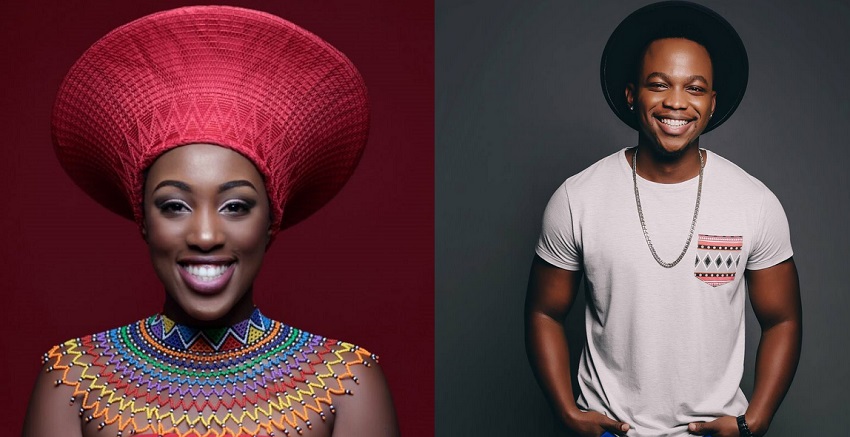Viral infections: A fever is likely a sign that your child's body is hard at work fighting off the infection in him and since fevers are most often triggered by viruses, they'll usually run their course all on their own. Ideally, a baby's temperature should fall between 95.9°F to 99.5°F (35.5°C to 37.5°C). Anything higher than this can be a cause for alarm.
Immunization: Infants may develop fevers as a result of vaccinations. However, the fevers are mild and typically go away in a day.
Bacterial infections: Similar to viral infections, the body responds to bacterial infections by raising body temperature.
Overdressing: This can result in an increase in temperatures that can be felt on the forehead but no fever. However, swaddling a baby with many clothes for a long duration can eventually lead to a fever.
Teething: Teething can be an uncomfortable experience for the baby. Not only are the gums affected and the child feels the need to bite on something, but teething also increases the child's body temperature.
While many of these conditions can be worrisome to a parent, keep in mind that the fever itself is a healthy sign that your child's immune system is working to keep her/him healthy.
How To Identify A Baby's Fever
Parents with newborn children and children under 3 months should always be on the lookout and trust how they feel about their baby being sick or showing symptoms of a fever. These symptoms include and are not limited to:
- The baby feels warm and hot.
- The baby sweats cries and throws up a lot.
This Chicco Digital thermometer is a must-have for new parents, and parents with newborns. It's easy to use and the fever alarm sounds if the baby's temperature is greater or equal to 37.8 °C ( greater or equal to 100 °F) -> You can buy yours from the MumsVillageShop
What To Do When The Baby Has A Fever
In case your baby's fever is greater or equal to 37.8 °C ( greater or equal to 100 °F), here are steps that you can take to reduce the fever.
- Adjust their clothes
- Consult a doctor before administering any medicines
However, always consult a doctor before administering any drugs.
Read more on MumsVillage website




